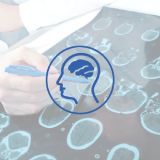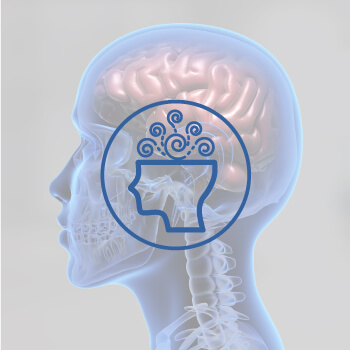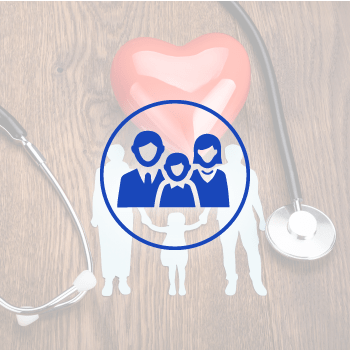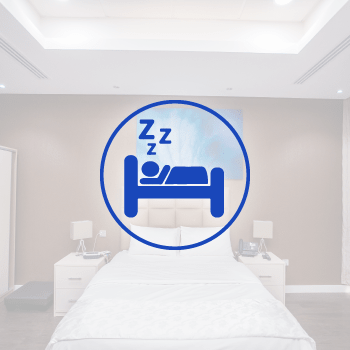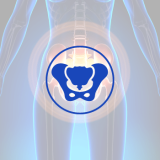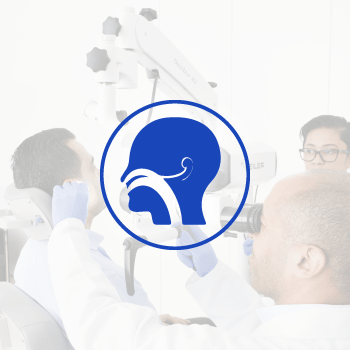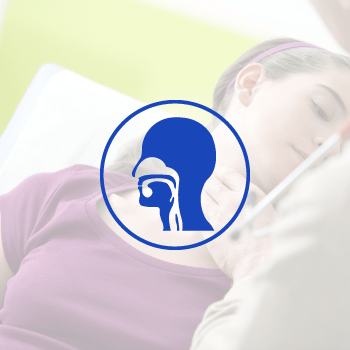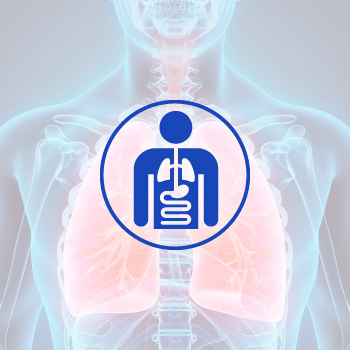BIPOLAR DISORDER
Bipolar disorder is a mental disorder formerly called manic depression, characterized by periods of extreme mood swings that include emotional highs (mania or hypomania) and lows (depression) that each last from days to weeks.
If the elevated mood is severe or associated with psychosis, it is called mania; if it is less severe, it is called hypomania. During mania, an individual behaves or feels abnormally energetic, happy or irritable, and they often make impulsive decisions with little regard for the consequences.
According to the National Institute of Mental Health, approximately 2.8% of adults in the United States have been diagnosed with Bipolar disorder.
- Symptoms
- Causes
- Treatment
The symptoms of Bipolar disorder can be divided into two categories: depressive symptoms and manic or hypomanic symptoms.
Depressive symptoms may include:
- Feelings of sadness, hopelessness, and worthlessness
- Fatigue
- Changes in appetite
- Sleep disturbances.
In severe cases, individuals with Bipolar disorder may experience suicidal thoughts or behavior.
Manic or hypomanic symptoms may include:
- Feelings of euphoria or extreme irritability
- Increased energy and activity levels
- Racing thoughts
- A decreased need for sleep.
People experiencing a manic episode may engage in risky behavior, such as spending sprees, sexual promiscuity, or drug use.
The exact causes of Bipolar disorder are not fully understood, but research suggests that a combination of genetic, environmental, and biological factors may contribute to its development.
Genetics may play a role, as Bipolar disorder tends to run in families. Environmental factors, such as stress, trauma, or substance abuse, may also trigger episodes of Bipolar disorder in some individuals.
Brain chemistry is thought to be another factor in the development of Bipolar disorder. People with Bipolar disorder may have an imbalance of neurotransmitters, such as dopamine and serotonin, which can affect mood and behavior.
Several treatment options are available, including medication and therapy.
Medications commonly used to treat Bipolar disorder include mood stabilizers, antipsychotics, and antidepressants.
Therapy, particularly psychotherapy and cognitive-behavioral therapy, can also be effective in treating Bipolar disorder. Therapy aims to help individuals understand and manage their symptoms, develop coping strategies, and improve their overall quality of life.







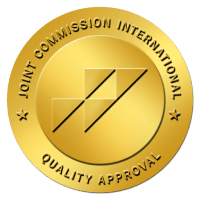
 أنقر هنا
أنقر هنا أنقر هنا
أنقر هنا